One of the things that I often hear from new clients is, “I’ll do the purging. I just need you to set up the systems.” This comes from that assumption that organizing is all about “toss the excess, contain the rest.” Yes, it IS important to recognize that effective organizing has two parts, getting organized and systems to stay organized. However, getting organized is about far more than just purging.
I understand where this idea is coming from. Purging is something that they feel like they should be able to do themselves. If they can do it ourselves, then they should be able to save money on organizing. What I’m about to share may sound self-serving, but it will benefit even those who never hire us.
Prioritize Before You Organize
The process of getting organized should start with clarifying exactly why you want to get organized. There are a lot of reasons to get organized. What’s yours? Do you need to clear some space in the basement for a home office? Are you trying to sell your home? Would you like to declutter your “all purpose” room into a guest room? Whatever the reason, clarifying your goal before you start, will make the process go much more smoothly. It reduces conflicts and keeps you focused. The process will be less about what you are giving up and more about what you are gaining.
By getting clear on your priority first, you will be able to address all the questions you face beyond keep-or-toss? Your choices will always be more complex than that. Here are some examples.
Donation items
You may have some items that are perfectly good, but no longer serve you. Perhaps you are thinking you found use for these items in the past, so you should again. Let it go. It is important to recognize priorities first is because everyone has different priorities and priorities are always changing. If you have to create a scenario where you would wear something again, it’s just getting in your way now. Let someone in need have it. The space left behind from that item’s absence is of greater value than the item itself.
Sell items
You may have some items that no longer serve you, but cost too much to give away. That’s when it makes sense to try and sell them. It is easier than ever to sell items online. Don’t let the cost of something be the only reason you keep something that is getting in your way.
Give Away
Give away items are different than donate, because you are trying to get them to someone specific, rather than a general drop-off. That’s a nice thing to be able to do, but set some limitations. Be sure to write a note with the person’s name on the item. It’s easier to forget the intended recipient than you think. Make a plan for getting these items to these recipients. For example if they are for family you are visiting for the Holidays, maybe store them in the suitcase you are taking. I generally don’t recommend these items as gifts. The recipient is probably doing you a favor by giving this item a home that you feel good about. Odds are it’s not an item you would choose as a gift.
Purge 5 Times Faster With a Team
OK this part is a shameless plug for our services. (Actually, you could try this process with some helpful friends.) We know you will find it easy to discard some items on your own, but it is five times easier with a team. Here’s why:
- Context drives decisions. We quickly put like items together, which is something you are not likely to do on your own. You will purge more confidently when you see the full shoe story, or the full book story, etc.
- Save time sorting. We systematically empty the closets, shelves, and bins so you can instantly see what’s been hiding. It’s all sorted on a table in front of you.
- Save time assigning. Whatever decision you make, we move the item to the appropriate keep, discard, or donate zone. You don’t have to do any physical work. Just make decisions.
- Know options. Getting stuck with the decision making? We help with that too, by offering options, perspective, and suggestions.
- Get it out! You won’t have donations piled up in that attic. They will be in the garage waiting for a pick up. If it’s a few bags, we’ll take them ourselves.
Store More Remotely
With the above strategies you will relieve yourself of much more stuff, but there is another big strategy. You can gain significantly more space for your systems by recognizing things that can be stored more remotely. Extracting things like archives, keepsakes, and seasonal clothes can free up more active areas. Furthermore, we make these items more findable, so they can support your living spaces. Learn how this works in my showroom vs. stockroom post.
Effective systems are directly related to a process of prioritization. Prioritizing is not just about removing the least important items, but the less important items too. It also means distinguishing what keep items you need regular access to from what can be remotely stored. Prioritization is the foundation upon which you build your house of organization. Discarding is just a small part of building that foundation. If that foundation is inadequate, it will not support the house you need to stay organized.

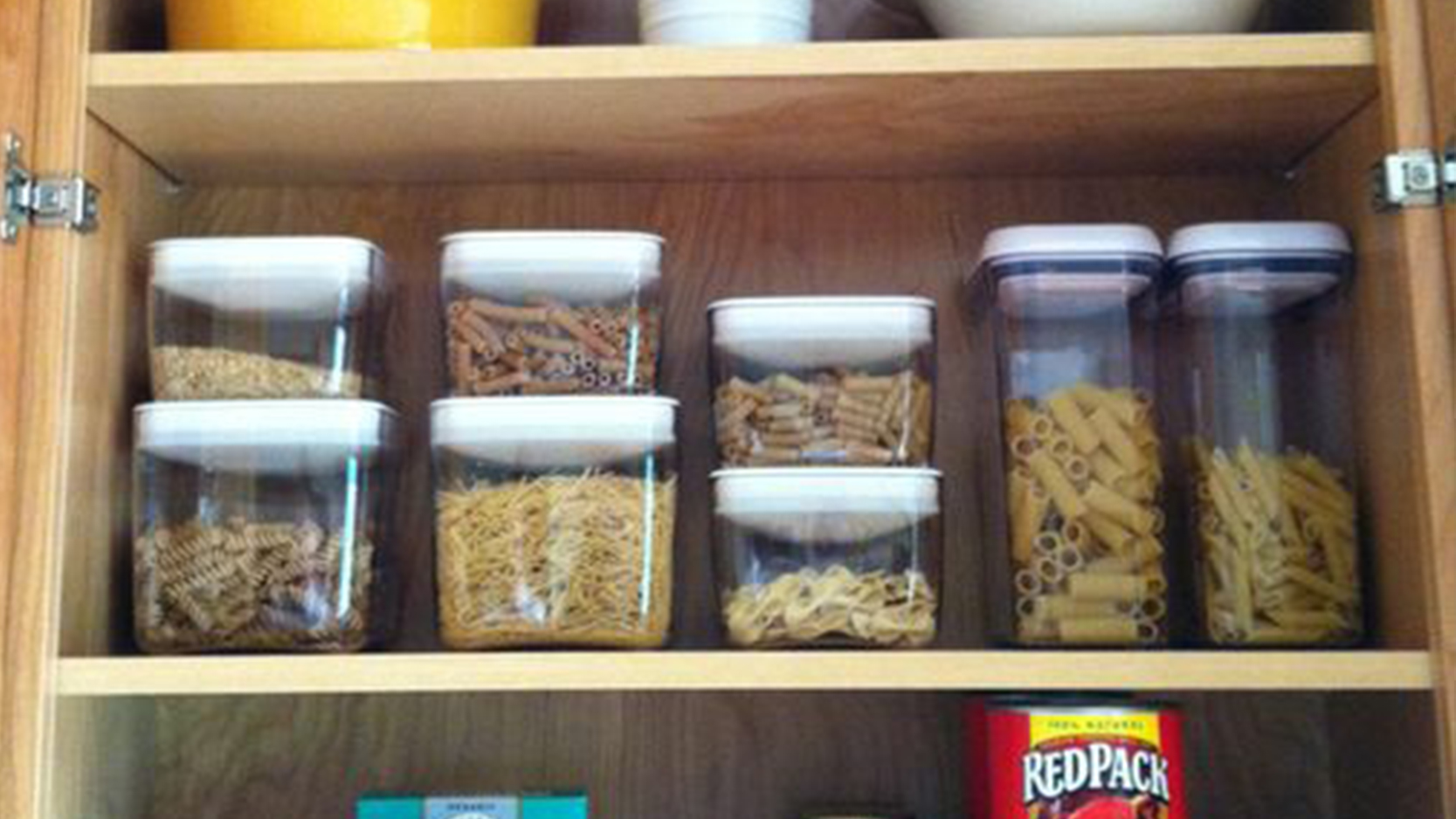
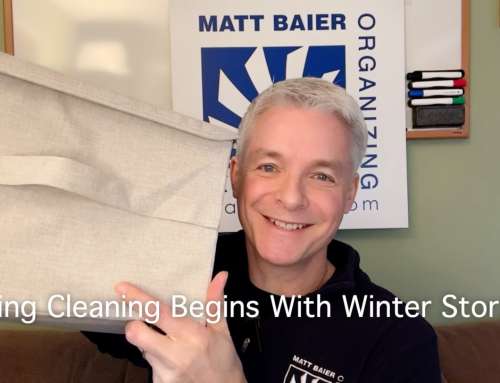

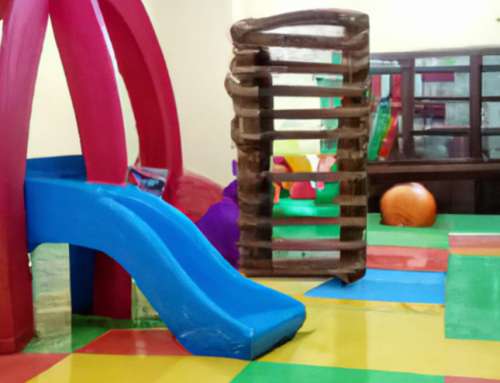
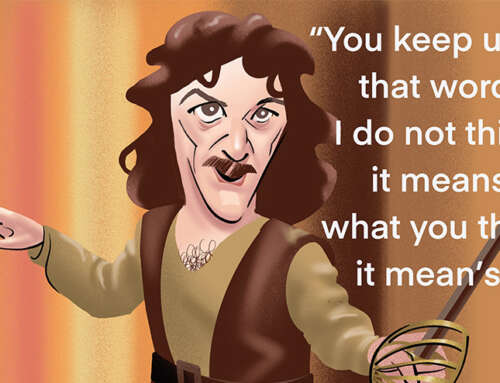
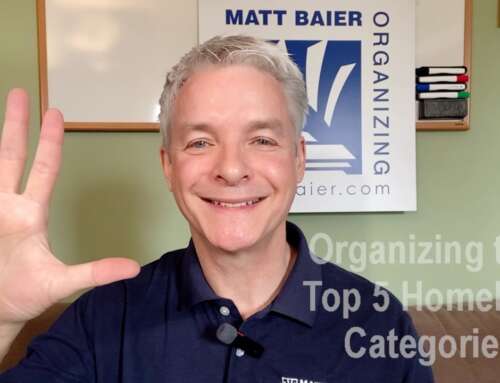






Leave A Comment